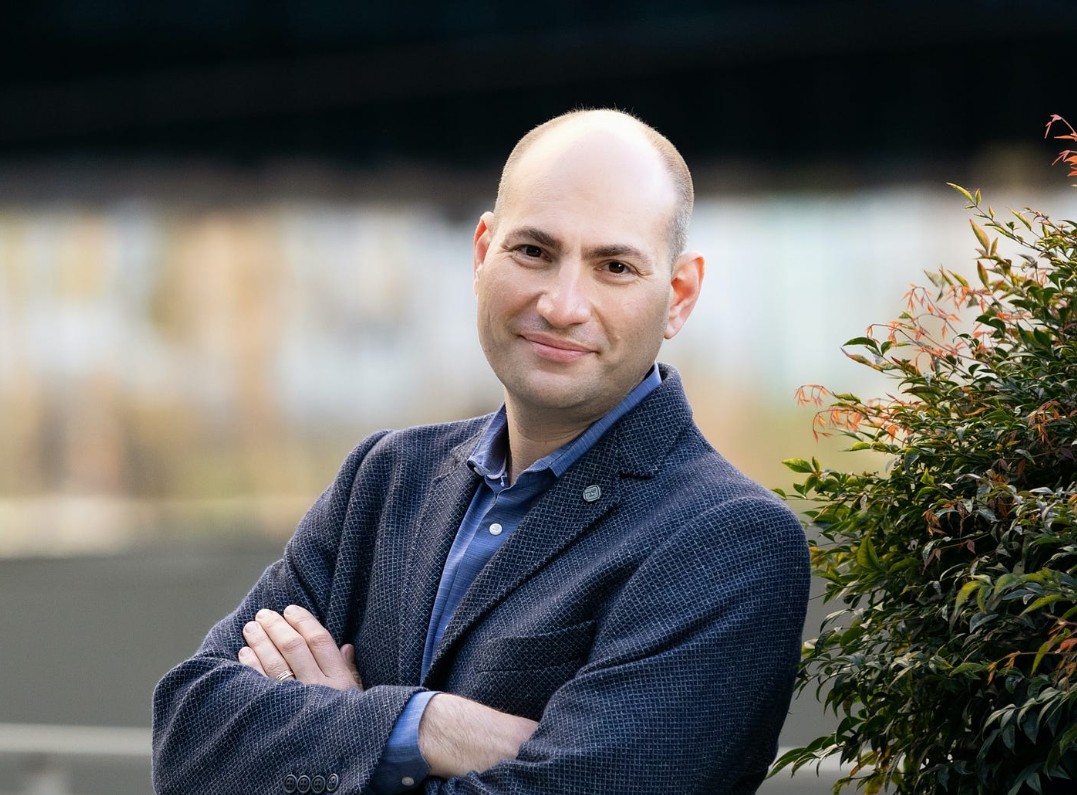
Por Stiven Cartagena
November 19, 2025
Behind America’s corporate success is a global community. An analysis by the American Immigration Council reveals that 46.2% of Fortune 500 companies-equivalent to 231 companies-were founded by immigrants or their children. These companies collectively generated US$8.6 trillion in 2024 and employ more than 15.4 million people globally.
The story repeats itself in innovation ecosystems, where immigrants are behind 55% of tech unicorns, 65% of top AI companies and a quarter of all patents filed in the United States. These figures demonstrate how outsider talent has decisively shaped the country’s tech leadership.
Immigrant entrepreneurial excellence is no accident. A UC Berkeley study found that when immigrant and U.S. entrepreneurs collaborate, their startups consistently outperform those founded by either group separately. These companies employ 20% more people, raise more substantial rounds of funding, and are more likely to be acquired or go public.
“The immigration journey is one of the biggest predictors of an entrepreneur’s success,” says Eugene Malobrodsky, Managing Partner of One Way Ventures, a fund that precisely supports immigrant founders. “The resilience and adaptation required by the immigration process prove to be the ideal breeding ground for entrepreneurship.”
The competitive advantage seems to lie in access to global networks. These diverse teams tap into international talent pools, cross-border funding sources and gateways to global markets beyond the reach of local entrepreneurs.
Despite demonstrated contributions, the landscape for immigrant entrepreneurs is complicated. According to reports, the “best and brightest” now choose destinations other than the United States, breaking with decades of tradition.
“We still collectively underestimate the critical role immigrants play,” warns Semyon Dukach, Founding Partner at One Way Ventures. “So much so that we are making it difficult for people to choose America as their home and keep the American dream alive.”
Immigration tensions are intensifying with measures such as the recent executive order adding a US$100,000 fee for new applicants for H-1B visas, designed precisely to attract skilled workers.
In the face of these challenges comes the One Way Summit, an event that will bring together more than 450 investors, founders and global stakeholders. Confirmed speakers include Cal Henderson, Co-Founder of Slack, and Rajat Suri, Co-Founder of Lyft – living examples of immigrant potential.
The gathering seeks not only to celebrate existing achievements, but also to build bridges to overcome obstacles. Panels will address critical issues such as immigration status, visas, hiring, and scaling strategies in an increasingly complex regulatory climate.
The most visible names – Google’s Sundar Pichai and Sergey Brin, SpaceX’s Elon Musk – represent just the surface of a deep-seated phenomenon. They are the most visible expression of a trend that continues to transform the U.S. economy, demonstrating that the American dream of innovation is increasingly being written in multiple languages and with diverse perspectives that cross borders.
Por Contxto
April 17, 2024

Por Eduardo Vega
December 6, 2023